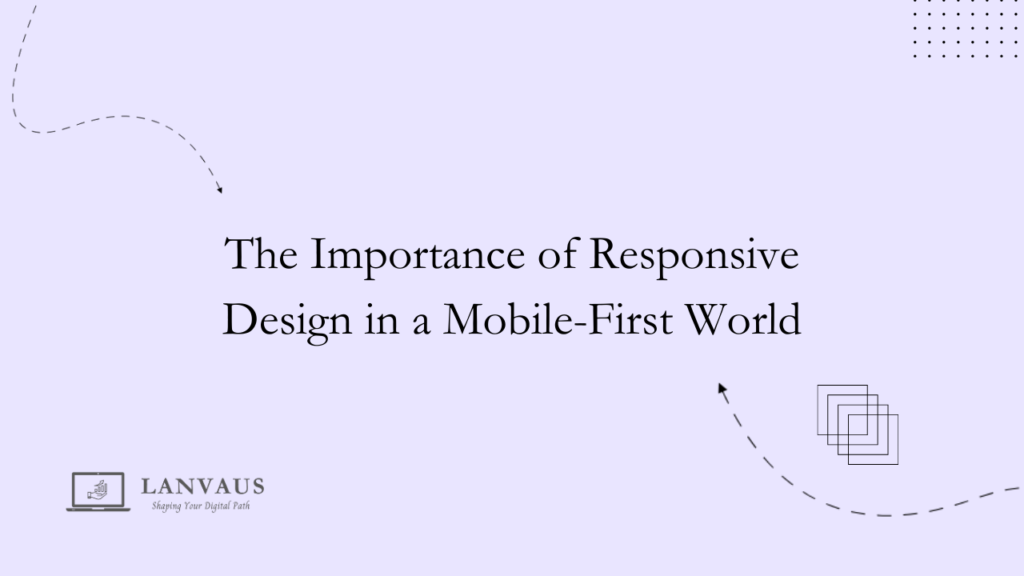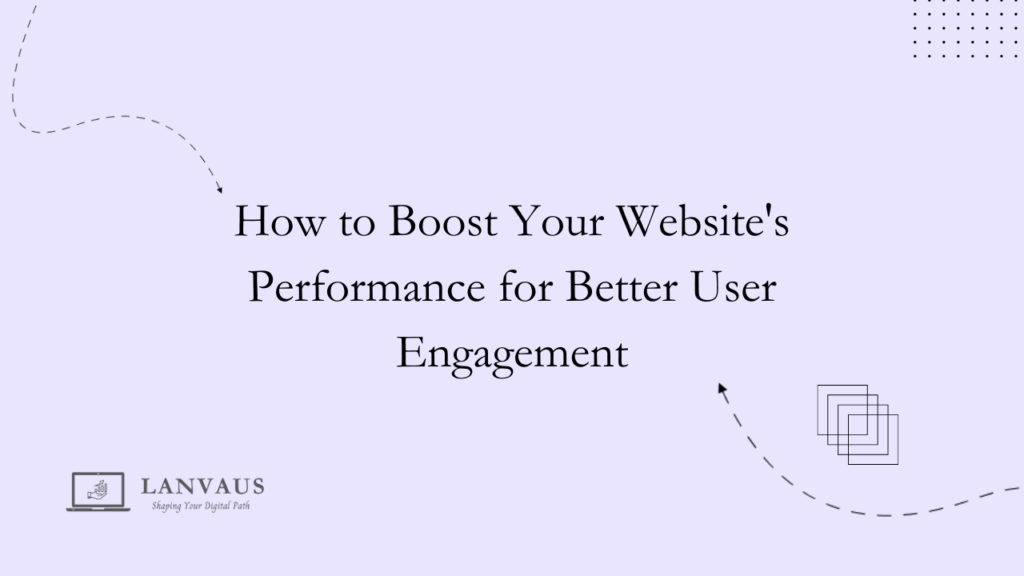Many businesses are exploring how to effectively leverage Artificial Intelligence to enhance their digital marketing strategies. By integrating AI, you can streamline processes, personalize customer interactions, and gain valuable insights from data analytics. This guide will provide you with key techniques and tools that enable you to harness AI’s power, optimize your marketing efforts, and ultimately drive greater engagement and conversion rates. Let’s examine into how you can incorporate AI into your digital marketing approach to stay ahead in a competitive landscape.
Understanding Artificial Intelligence in Marketing
Before submerging into AI’s applications in digital marketing, it’s imperative to grasp what artificial intelligence encompasses. AI refers to computer systems capable of performing tasks typically requiring human intelligence, like understanding natural language and recognizing patterns. In marketing, this technology enhances data analysis, automates repetitive tasks, and provides personalized customer experiences.
Definition and Key Concepts
The world of artificial intelligence includes machine learning, natural language processing, and predictive analytics, among other concepts. These tools enable you to analyze vast amounts of data and derive actionable insights, helping you make faster and more informed decisions in your marketing strategy.
Importance of AI in Digital Marketing
The integration of AI in digital marketing optimizes campaign performance and enhances customer engagement. With AI, you can analyze consumer behavior, segment your audience effectively, and automate tasks like email marketing, allowing you to focus on creativity and strategy.
Plus, by leveraging AI’s predictive capabilities, you can anticipate customer needs and deliver personalized experiences that resonate with your audience. This technology helps you stay competitive in a rapidly evolving digital landscape, ultimately driving better results for your marketing campaigns and increasing ROI.
Identifying Opportunities for AI Integration
Some businesses overlook the potential of artificial intelligence when it comes to digital marketing. To effectively identify opportunities for AI integration, it’s vital to examine your existing processes and recognize areas that could benefit from automation or advanced data analysis. You can explore resources like How to Create an AI Digital Marketing Strategy for insights that can help you pinpoint where AI can drive growth in your marketing initiatives.
Analyzing Customer Data
After gathering customer data, you need to analyze it to uncover patterns and preferences that can inform your marketing strategy. AI tools can streamline this process by helping you segment your audience effectively and tailor your messaging to specific customer needs. By leveraging AI in data analysis, you can make smarter decisions that align closely with your customers’ expectations.
Enhancing User Experience
User experience is at the forefront of digital marketing success. By implementing AI-driven solutions, you can create personalized interactions that meet your customers’ needs more effectively. This means utilizing chatbots to assist with customer inquiries, using predictive analytics to recommend products, and optimizing website navigation based on user behaviors.
To elevate the user experience, AI allows you to track and analyze user behavior across your digital platforms, providing insights into how visitors interact with your content. By identifying trends and preferences, you can create a more intuitive and engaging experience that encourages customer loyalty and drives conversions. Implementing these AI-driven enhancements can set your brand apart and foster stronger connections with your audience.
Tools and Technologies for AI-Driven Marketing
Assuming you want to elevate your digital marketing strategy, integrating AI tools can greatly enhance efficiency and effectiveness. By leveraging advanced algorithms and machine learning, you can streamline various processes, improve your targeting, and deliver personalized experiences for your audience. Embracing these technologies not only positions you at the forefront of innovation but also gives you a competitive edge in the ever-evolving digital landscape.
AI-Powered Analytics
Across your marketing efforts, AI-powered analytics can transform raw data into actionable insights. These sophisticated tools analyze customer behavior, campaign performance, and market trends to help you make informed decisions. With real-time reporting, you can quickly adjust strategies and optimize your ROI, ensuring your marketing initiatives resonate with your target audience.
Chatbots and Virtual Assistants
Behind the scenes, chatbots and virtual assistants are revolutionizing customer interaction. They provide instant responses to inquiries, guide users through the sales process, and enhance user engagement, all while operating 24/7. This not only streamlines your customer service but also allows you to gather valuable data on user preferences and behavior.
Due to their ability to offer immediate assistance and improve customer satisfaction, chatbots and virtual assistants have become integral to modern marketing strategies. They enable you to manage a high volume of inquiries without overwhelming your team, freeing up resources for more complex tasks. By creating a more interactive and personalized experience for your audience, these AI-driven tools help build stronger relationships with your customers while driving conversions and increasing brand loyalty.
Crafting an AI-Infused Marketing Strategy
For a successful AI-infused marketing strategy, you must align your goals with the potential of AI technologies. This integration allows for personalized customer experiences, efficient data management, and enhanced decision-making. By harnessing AI tools for analytics and automation, you can optimize campaigns, boost engagement, and improve conversion rates, setting the stage for a forward-thinking marketing approach.
Setting Clear Objectives
An effective strategy begins with clear objectives that define what you want to achieve. Whether it’s increasing website traffic, enhancing customer retention, or improving lead generation, establishing specific goals will guide your AI implementations. This will enable you to leverage AI tools in targeted ways, ensuring that your marketing efforts align with your business objectives.
Measuring Success and ROI
Below the surface of AI integration, you should analyze performance metrics to evaluate the success of your marketing efforts, focusing on the return on investment (ROI). Utilize analytics tools to track user engagement, conversion rates, and sales growth, tying these measures back to your initial objectives.
But measuring success goes beyond simple metrics. You should also assess qualitative data, such as customer feedback and brand sentiment, to gauge the overall impact of your AI-driven strategies. This comprehensive approach allows you to refine your marketing efforts continuously, making data-informed decisions that bolster your campaigns and improve ROI over time.
Case Studies: Successful AI Integrations in Marketing
All industries are leveraging AI for marketing improvements, showcasing impressive results. Here are some noteworthy case studies demonstrating successful AI integrations:
- Amazon: 35% of sales driven by AI-powered recommendations.
- Netflix: 75% of content streamed is based on AI-generated recommendations.
- Sephora: 94% increase in user engagement through AI chatbots.
- Starbucks: 30% increase in revenue from personalized marketing using AI.
Industry Leaders and Their Results
Below are examples of how industry leaders utilized AI to achieve remarkable results. Companies like Amazon and Netflix have harnessed AI tools to tailor user experiences, leading to significant increases in customer engagement and sales. By analyzing consumer behavior and preferences, these brands have optimized their marketing strategies to retain and attract customers effectively.
Lessons Learned from Implementations
Learned from these case studies is the importance of data-driven decisions in marketing strategies. Successful AI implementations often stem from a deep understanding of audience behavior and tailored content delivery.
To fully harness the benefits of AI in your marketing strategy, focus on understanding your data and integrating machine learning algorithms that refine customer insights. Emphasize personalization by using AI for deep data analysis, enabling you to adapt your campaigns dynamically. Ensure that you continuously monitor performance metrics and adjust your strategies based on the insights gathered. This adaptive approach not only enhances customer satisfaction but also fosters brand loyalty and drives growth.
Ethical Considerations and Challenges
Keep in mind that as you integrate AI into your digital marketing strategy, ethical considerations and potential challenges may arise. Balancing innovation with responsibility is vital to maintain trust with your audience. Remaining aware of issues surrounding data privacy, security, and algorithmic fairness will help you navigate this evolving landscape more effectively.
Data Privacy and Security
Below the surface of AI’s benefits lies the critical issue of data privacy and security. As you harness AI tools, it’s vital to ensure that your strategies comply with regulations like GDPR and CCPA, safeguarding personal information to maintain customer trust and loyalty.
Bias and Fairness in AI Algorithms
Around the integration of AI, there exists the challenge of bias and fairness in algorithms. As these algorithms are trained on existing data, they can inadvertently perpetuate biases, impacting the decisions made. Therefore, assessing the datasets you use is vital to prevent reinforcing stereotypes or unjust treatment of certain demographic groups.
Due to the inherent risk of bias in AI algorithms, it’s imperative for you to actively audit and monitor the data feeding into these systems. Understanding the sources of your data and implementing measures to ensure diversity can help mitigate the risk of perpetuating bias. By striving for fairness and transparency in your AI applications, you safeguard not only your brand’s integrity but also foster a more equitable digital marketing landscape. Engage with stakeholders and be proactive in addressing potential inequalities to build a more inclusive approach that benefits everyone.
To wrap up
With these considerations, integrating artificial intelligence into your digital marketing strategy can significantly enhance your efforts and outcomes. By leveraging AI tools for data analysis, customer segmentation, and personalized content, you can improve engagement and drive conversions. Embracing this technology not only streamlines your processes but also allows you to stay competitive in a rapidly evolving landscape. As you implement AI solutions, ensure that you continuously measure their effectiveness and adapt your strategy accordingly to maximize your ROI.
FAQ
Q: What is the role of Artificial Intelligence (AI) in digital marketing?
A: AI plays a significant role in digital marketing by enabling businesses to analyze consumer data, automate marketing tasks, and personalize consumer experiences. Tools powered by AI can segment audiences, predict customer behavior, and optimize campaigns in real-time, improving overall efficiency and effectiveness in reaching target markets.
Q: How can AI improve customer personalization in marketing?
A: AI enhances customer personalization by leveraging vast data sets to create detailed customer profiles. It analyzes browsing history, purchase patterns, and social media interactions to tailor content, recommendations, and advertisements to individual preferences. This tailored approach increases engagement and enhances the likelihood of conversion.
Q: What are some AI tools that can be used in digital marketing?
A: Numerous AI tools are available for digital marketing, including chatbots for customer service, programmatic advertising platforms for real-time bidding, and predictive analytics tools for foreseeing consumer behavior. Additionally, email marketing platforms that utilize AI can optimize send times and personalize content, while social media tools can analyze sentiment and engagement trends.
Q: How do businesses measure the effectiveness of AI in their marketing efforts?
A: Businesses can measure AI effectiveness through key performance indicators (KPIs) like conversion rates, click-through rates, return on investment (ROI), and customer acquisition costs. By analyzing these metrics before and after implementing AI tools, organizations can assess improvements in campaign performance and customer engagement.
Q: What challenges might businesses face when integrating AI into their digital marketing strategy?
A: Businesses may face several challenges when integrating AI, such as data privacy concerns, difficulty in obtaining quality data, and the need for investment in technology and training. Additionally, there can be resistance to adopting new systems within the workforce, making it important for companies to provide adequate training and emphasize the benefits of AI integration.




